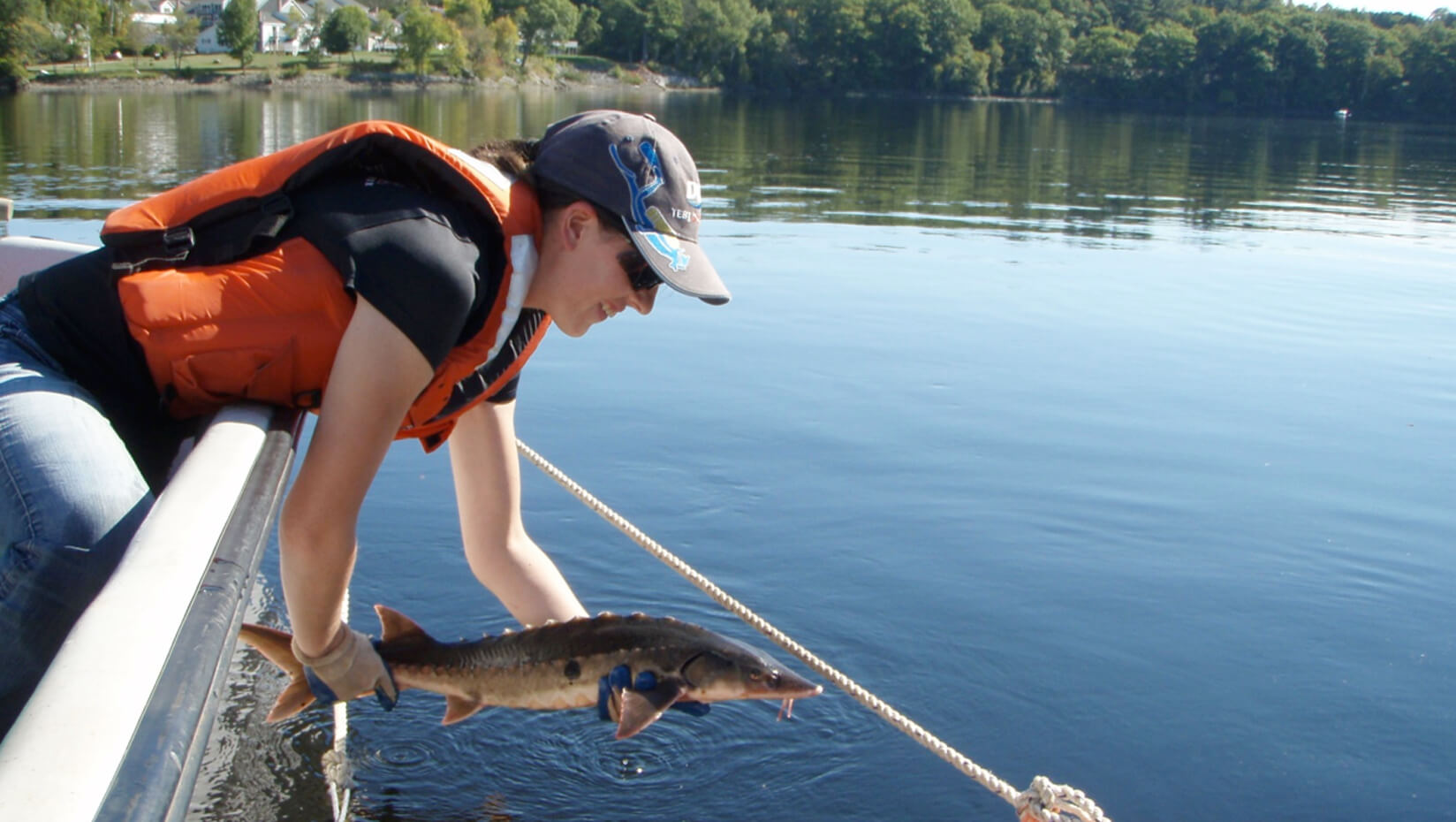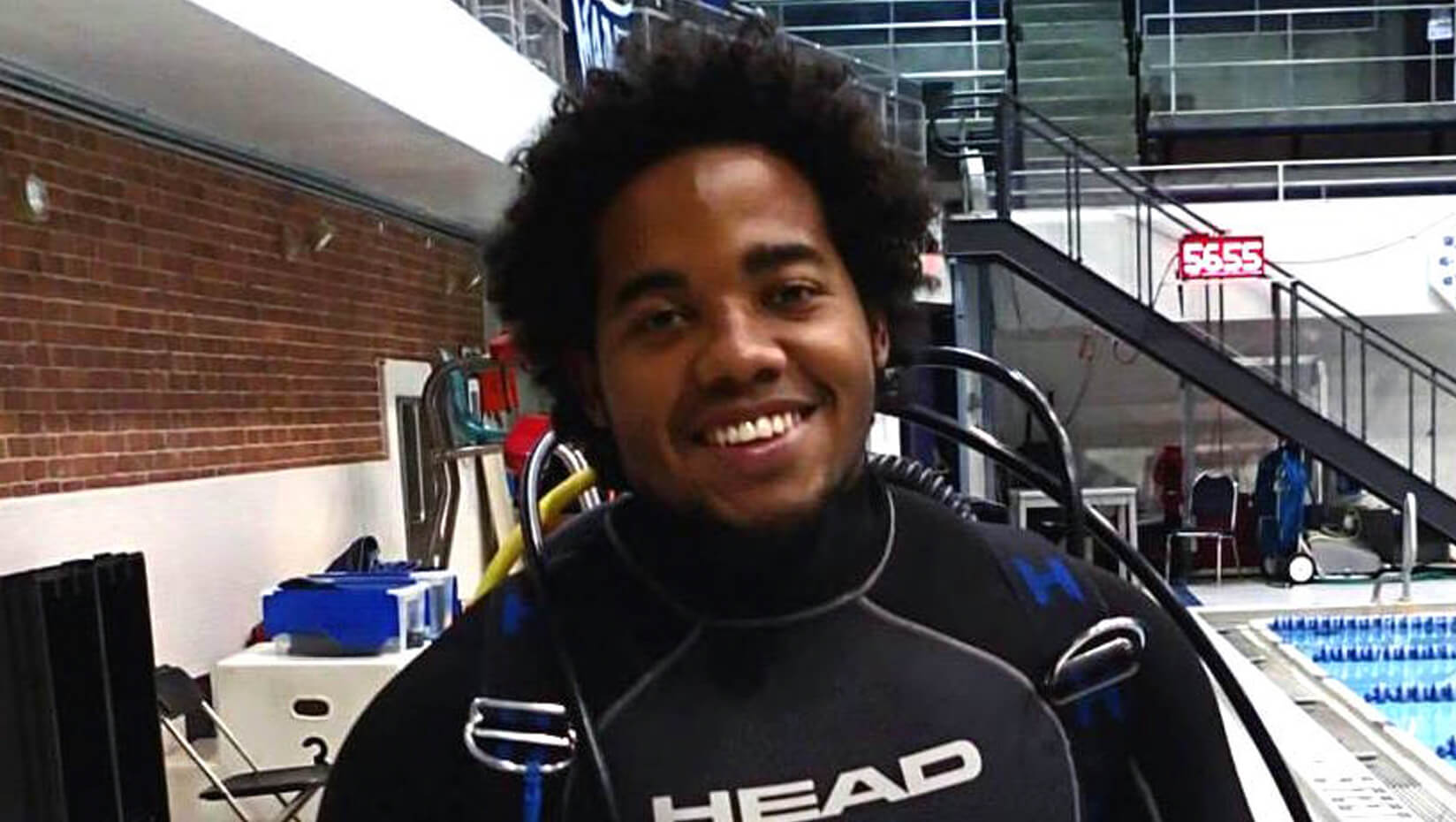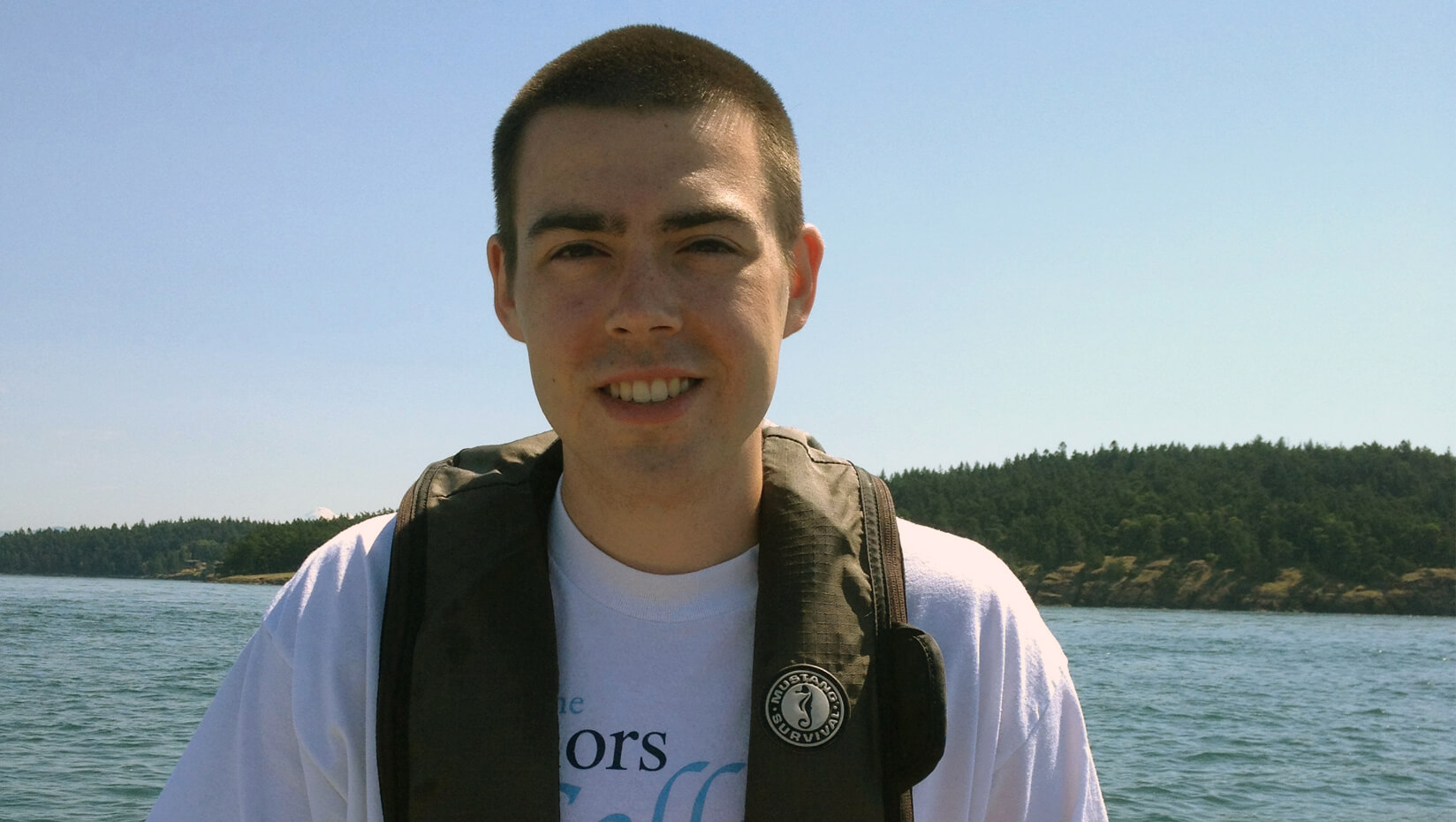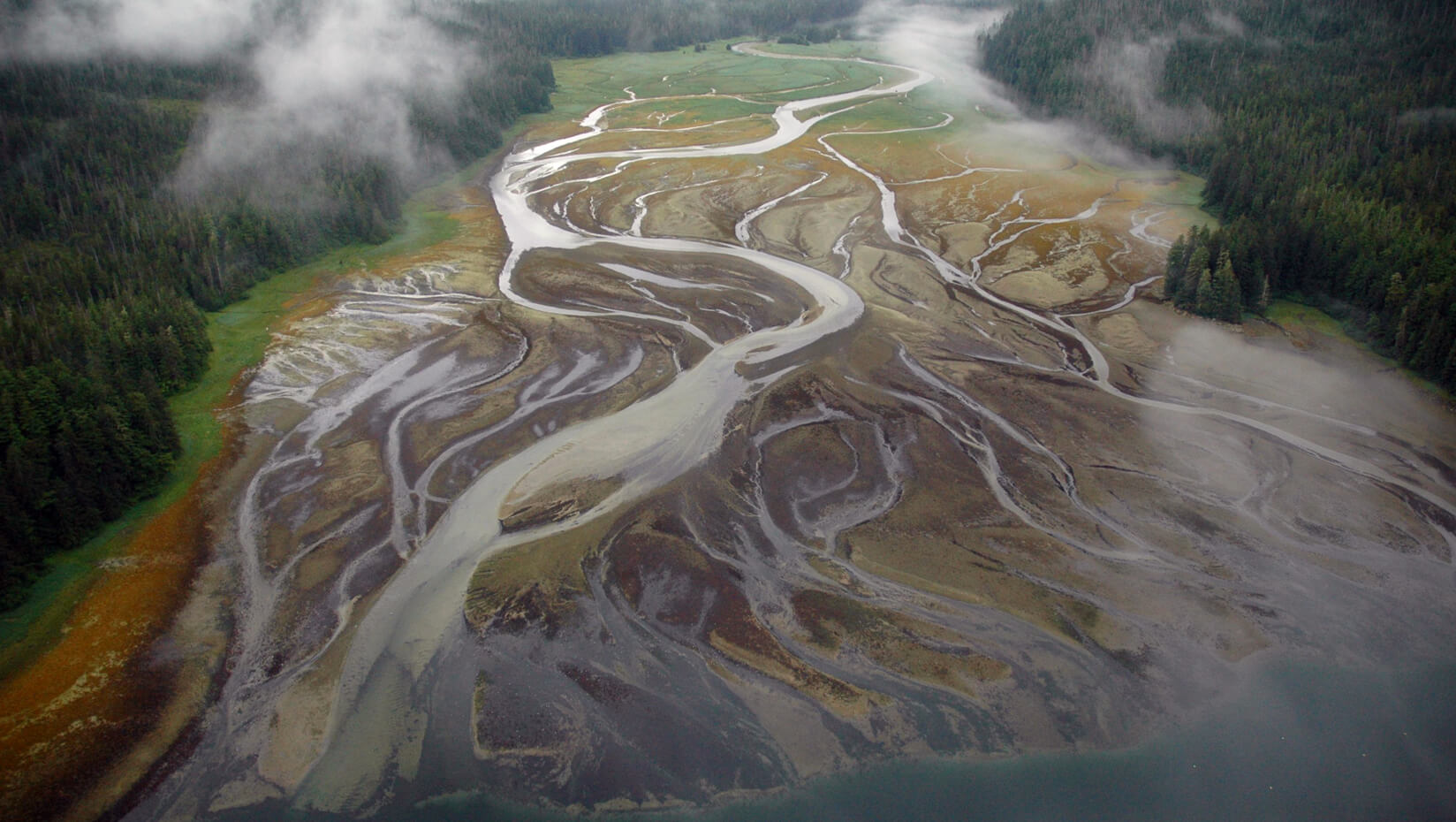BDN reports on shortnose sturgeon migration
The Bangor Daily News reported University of Maine researchers have documented that three tagged female shortnose sturgeon moved upstream into a stretch of the Penobscot River above the former Veazie Dam — a step in the recovery of the species that’s listed under the federal Endangered Species Act. “For us, we think it’s very encouraging […]
Read more



